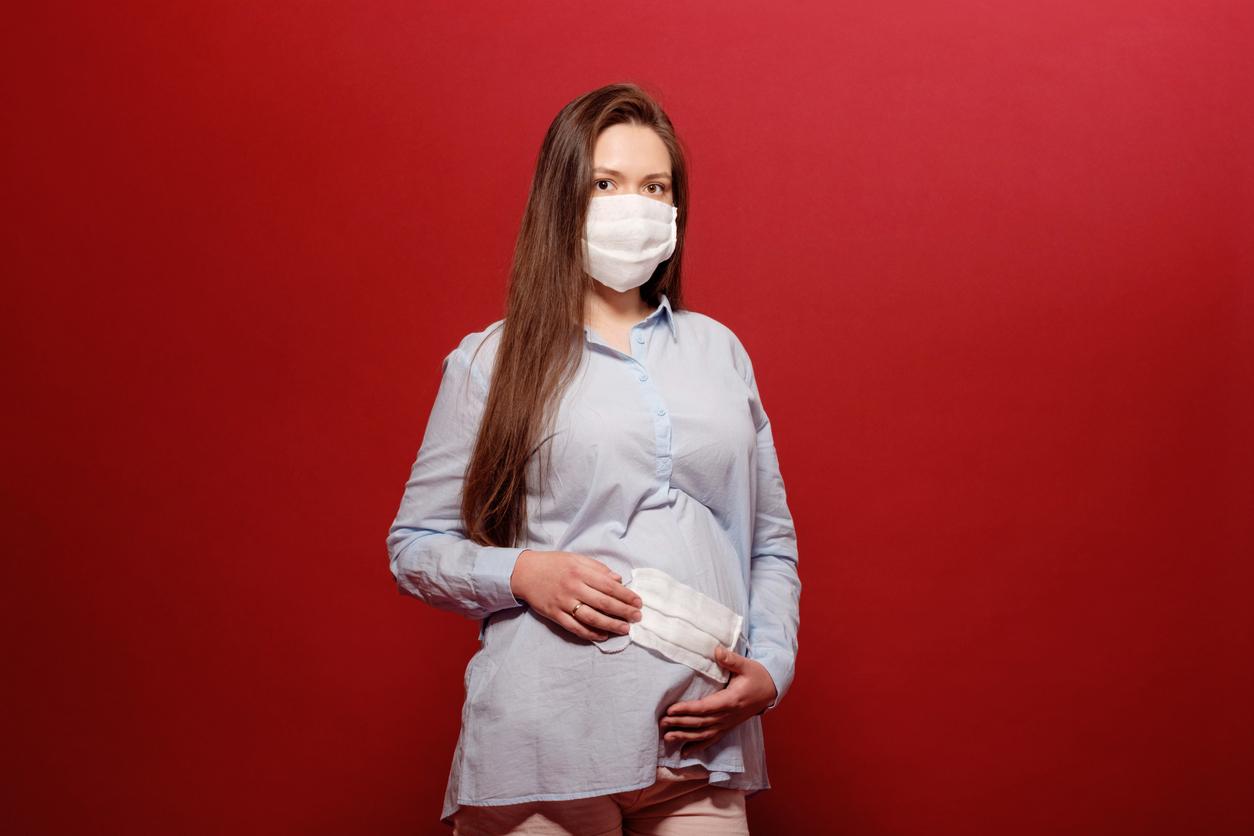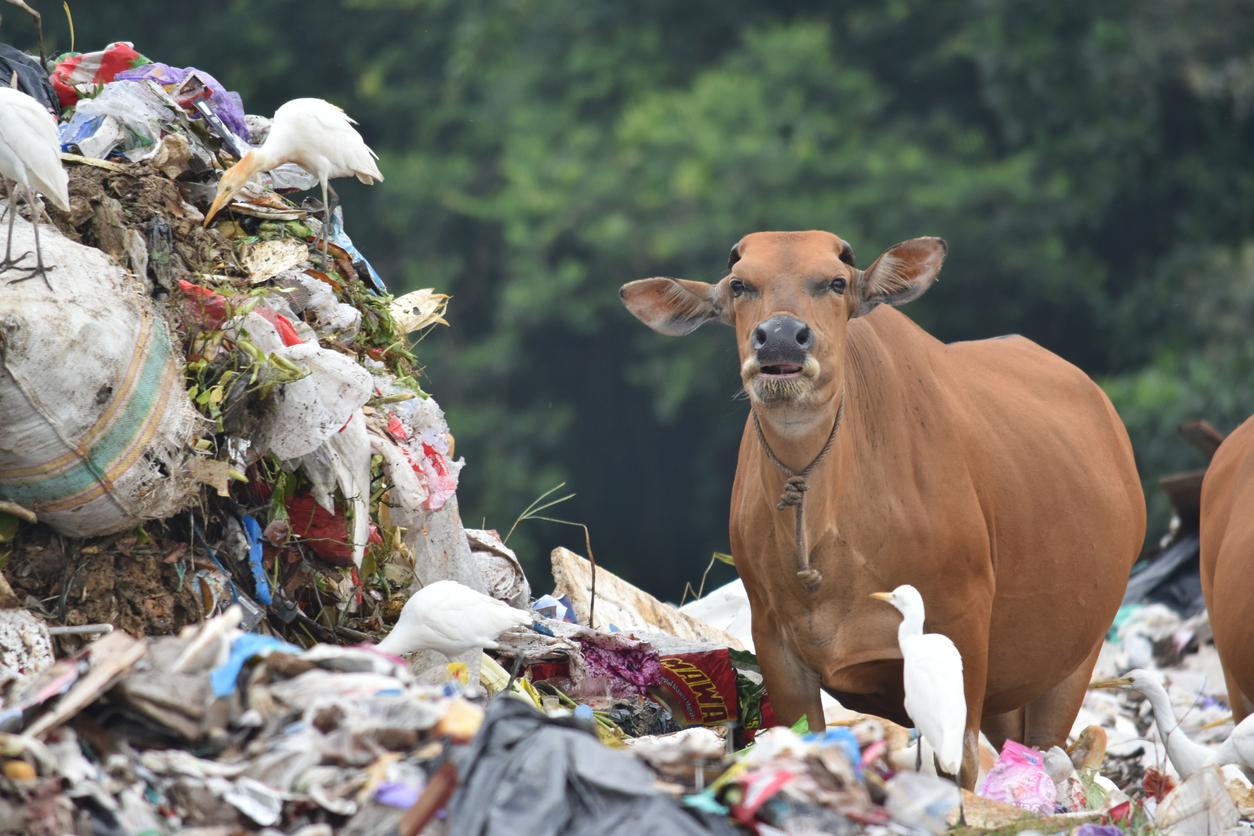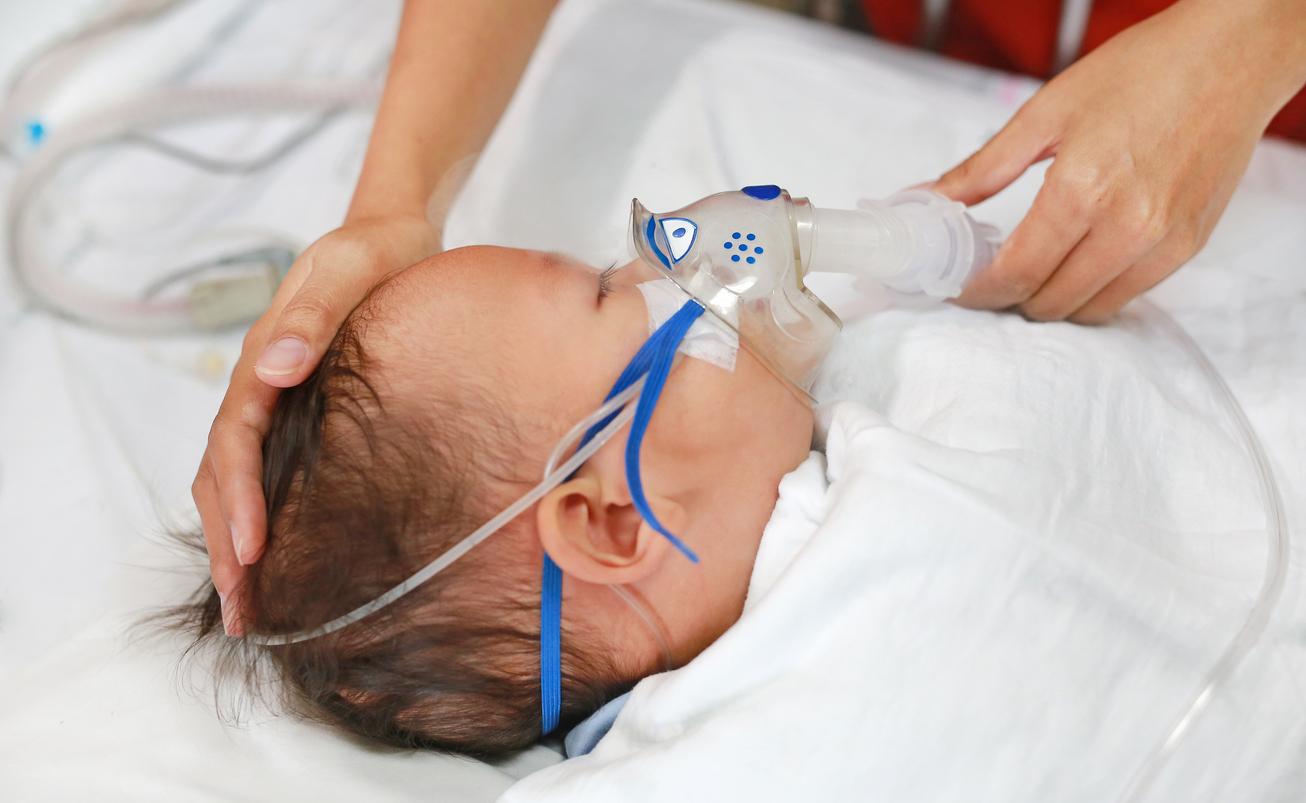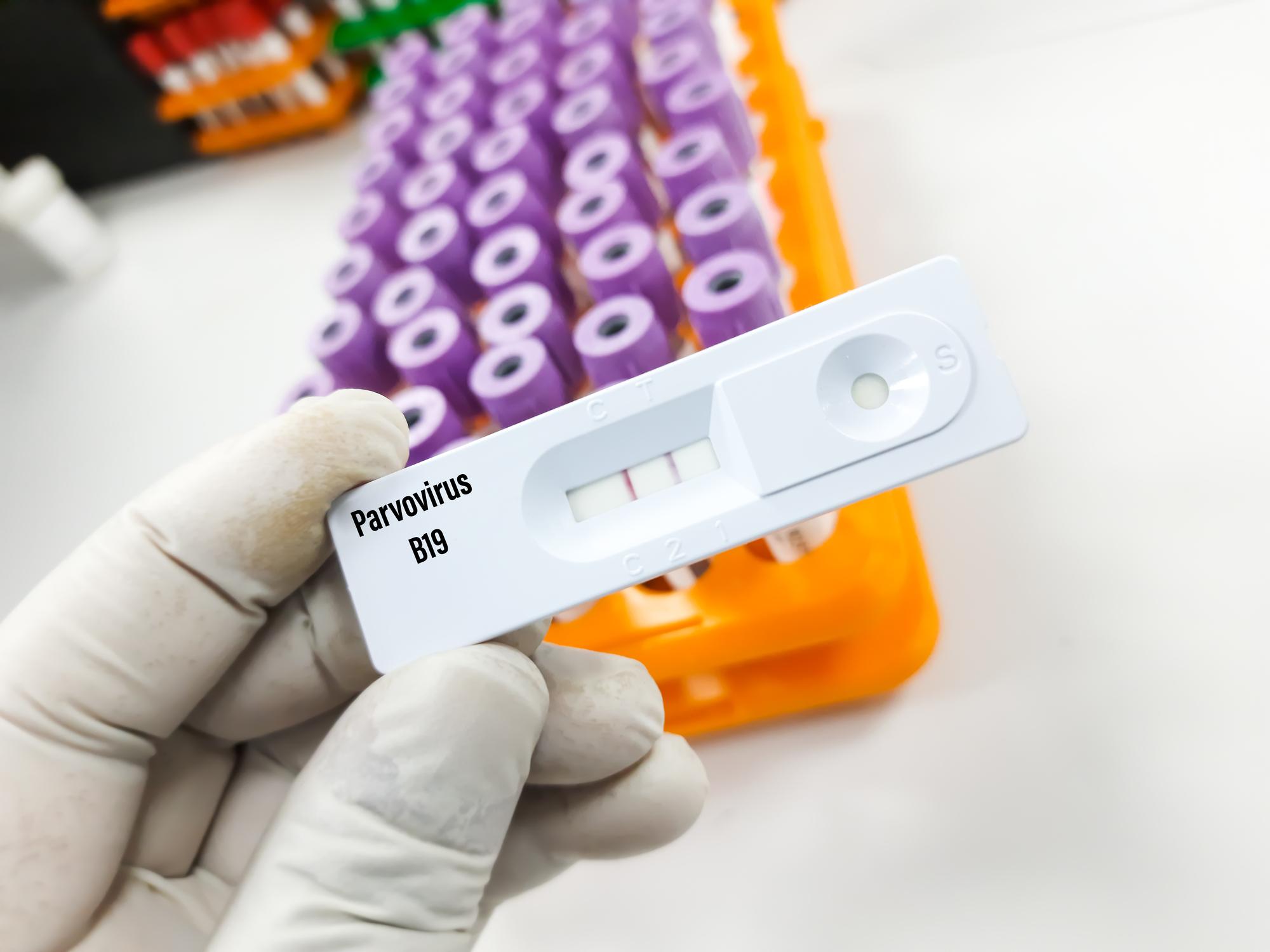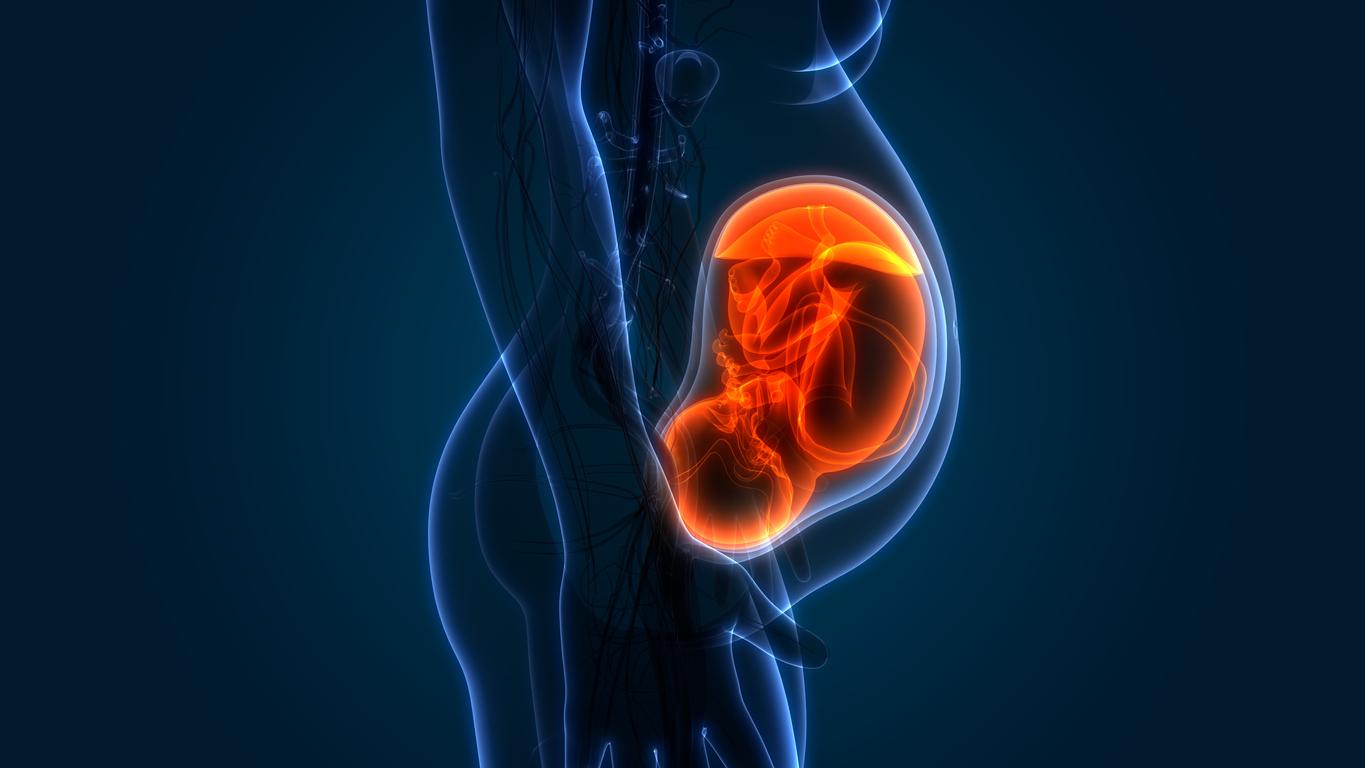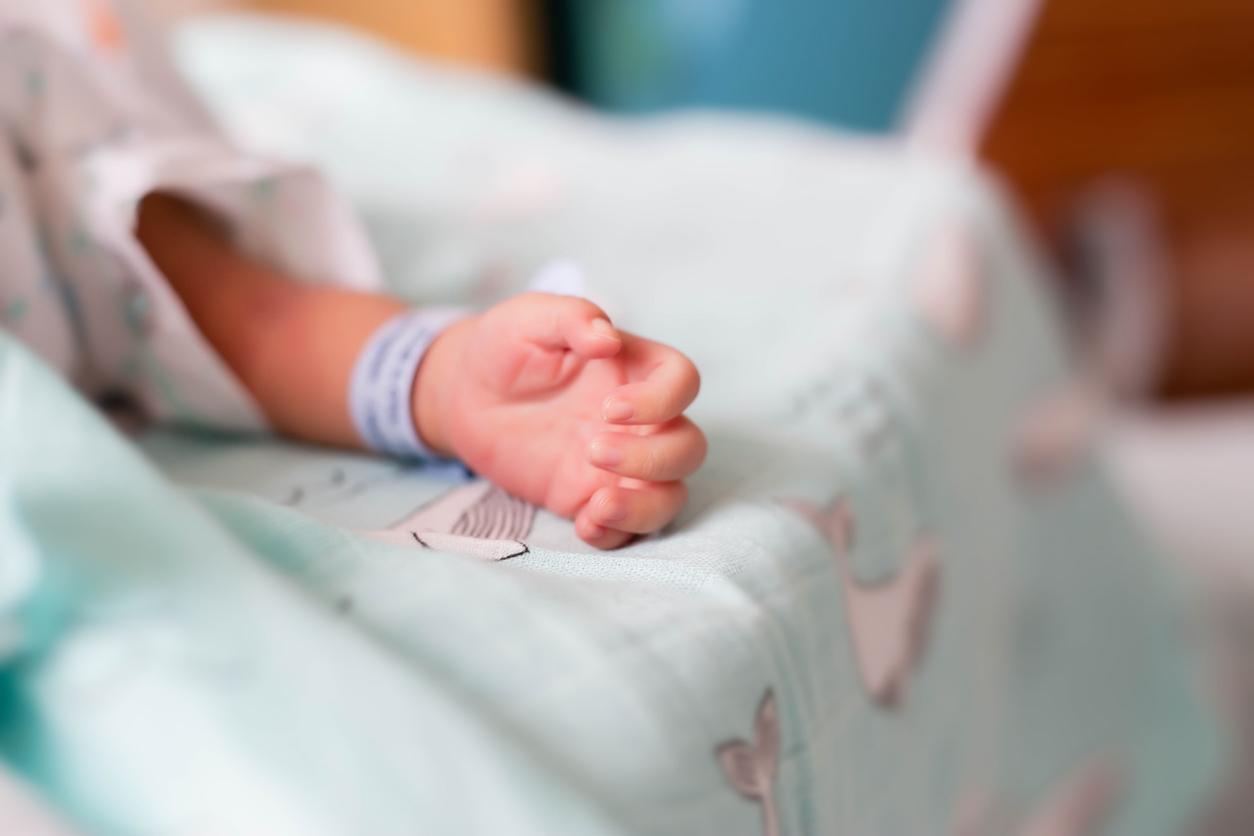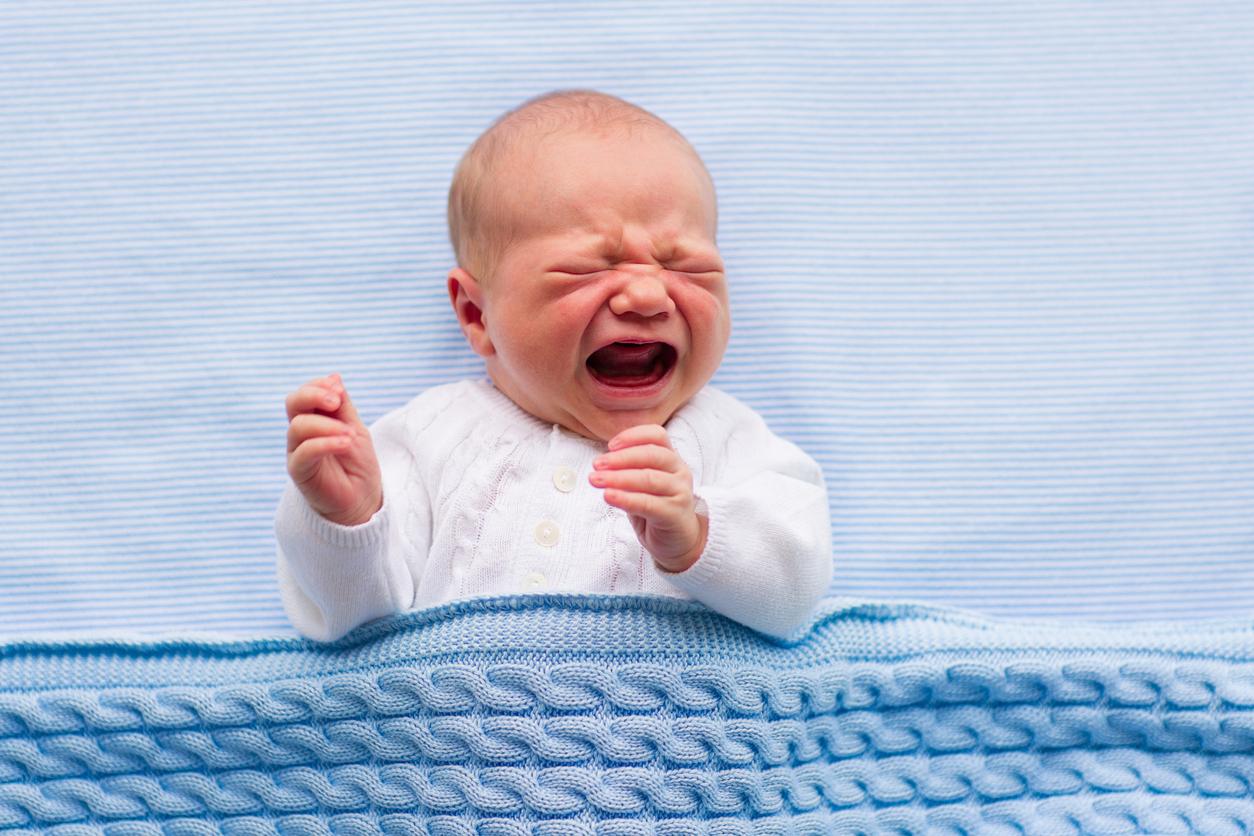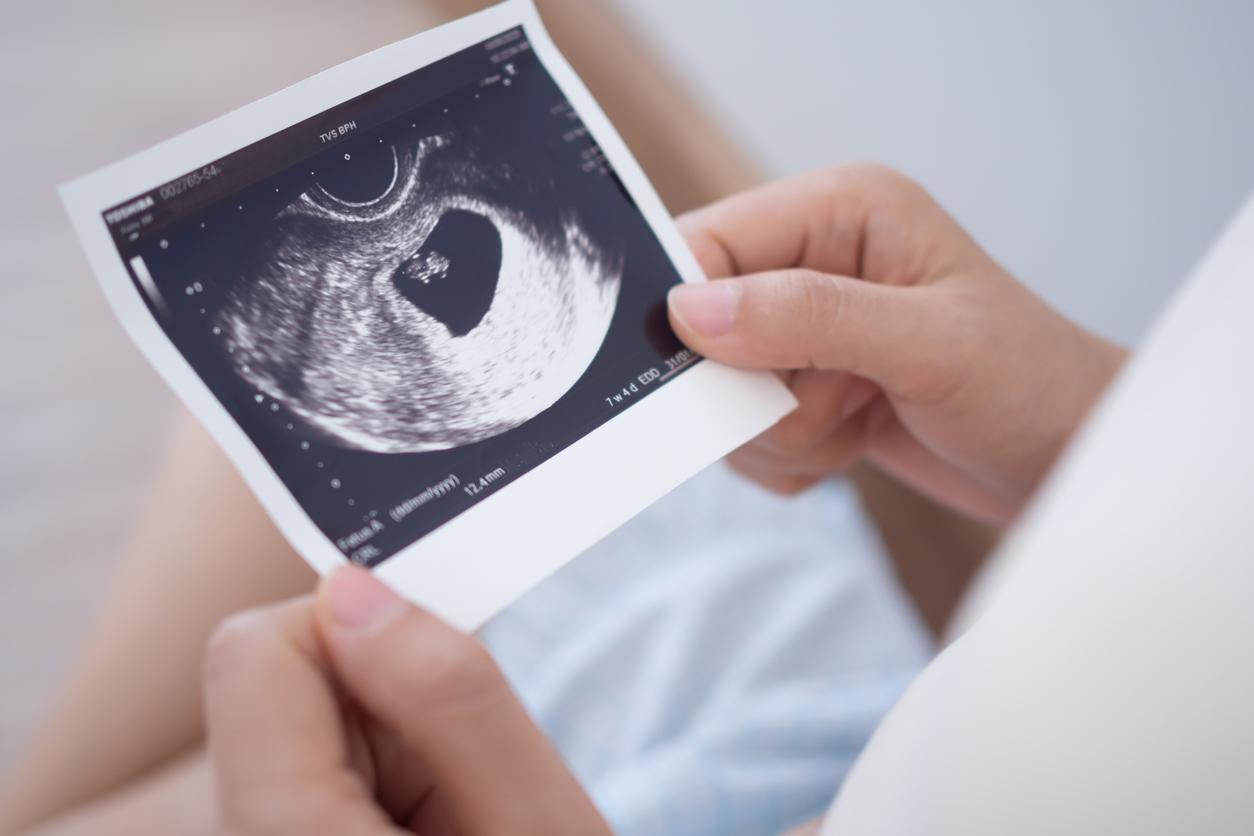Also called non-accidental head injury, shaken baby syndrome (SBS) is a form of head trauma inflicted on infants by shaking.
VS’is the most severe form of child abuse and neglect and the most common cause of traumatic death among infants in high-income countries. However, according to a study carried out by teams from the anesthesia-resuscitation, neurosurgery and pediatric imaging departments as well as the mobile child protection team at the Necker-Enfants Malades hospital (theunique pediatric neurosurgical emergency center in the Paris region) and Paris Cité University associated with a team from Inserm, the incidence of shaken baby syndrome has doubled in 2021 and its mortality increased tenfold compared to the pre-pandemic period (the period 2017-2019).
Doctors and social services had expressed concern about a risk of an explosion in the incidence of child abuse and neglect, secondary to the Covid -19 pandemic and the containment measures taken to reduce the spread of the disease. Indeed, among the known risk factors for abuse, several have seen their prevalence increase during this period: psychosocial distress, confinement in small collective housing, closures of schools and nurseries and disorganization of social services.
The consequences are important
The tremors in question are always violent, most often produced when the baby’s chest is grasped under the armpits. The sudden decelerations of the head then cause the brain to sway in the cranial box and the tearing of certain veins which irrigate the brain. The baby may then stop breathing and brain, eye and spinal cord damage may occur.
Significant loss of neurons, which will impact the child all his life, can be caused. And it can also go as far as death: one child in 10 dies after being “shaken” by an adult. “Some sequelae may only appear at a distance due to a lack of learning. But children without sequelae are in the minority” emphasizes the High Authority for Health, which issued recommendations in 2017.
As the Ministry of Health pointed out in an awareness campaign in January 2022, 75% of babies who survive shaking will experience very heavy sequelae due to brain damage:
- A delay in psychomotor development or motor disabilities
- Cognitive disorders and learning difficulties
- Behavior problems
- eating disorders
- sleep disorders
- Visual impairment or blindness
- Hearing loss or deafness
- Epileptic seizures.
13% of babies died
Among the 99 infants with shaken baby syndrome included in the study published in the journal jama network open, signs of the seriousness of the violence inflicted were very frequent. 87% had ruptured bridge veins, 75% retinal hemorrhages, 32% fractures, 26% status epilepticus, and 13% died. “Compared to the pre-pandemic period (2017-2019), the incidence of SBS remained stable in 2020 then doubled in 2021 and its mortality was multiplied by 9” underline the research teams.
For the latter, the fact that this massive increase in shaken baby syndrome did not occur during the first year of the pandemic when containment and mitigation measures were at their maximum, but during its second year, could be explained by an accumulation of psychosocial distress. “It would be interesting later to study whether the increase has been geographically heterogeneous within the Paris region and whether it is linked to specific living conditions” they add.
What reflexes in case of difficulty with a baby?
This awareness campaign also reminds parents of the reflexes to adopt before giving in to what the various facts call “an unfortunate gesture”: “keeping a baby is not easy. If the people responsible for the child know difficulties or feel in a situation of vulnerability in front of him, there are reflexes to adopt”:
- Put the baby safely in his bed, by laying him on his back (there is no danger in leaving him alone in this position)
- Leave the room for a few minutes
- Breathe and focus on something else to regain their calm
- If possible call a loved one to talk about it or help them by taking over
- Asking for help: sharing their fears and doubts with those around them as well as with professionals.
Source : Abusive Head Trauma in Infants During the COVID-19 Pandemic in the Paris Metropolitan Area, Jama network open, August 2022










